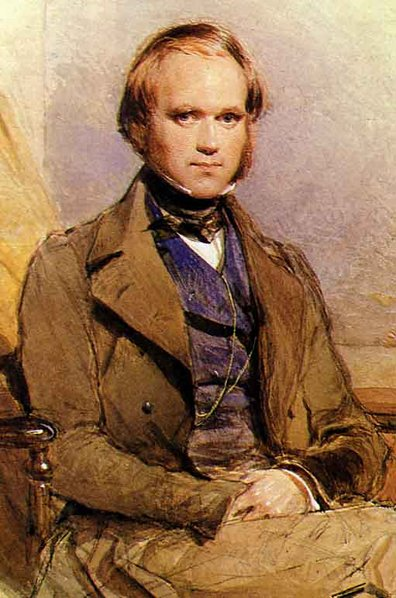 We all remember the “March of Progress” poster from grade school science class, used to illustrate the straight-line evolution of Homo sapiens from our ancient ancestors. From Australopithecus to Homo habilius and then to the assumed apex of human evolution – us. But what if evolution wasn’t a straight line? What if suddenly, somehow, it doubled-back on itself, returning our species to our most ancient origins?
We all remember the “March of Progress” poster from grade school science class, used to illustrate the straight-line evolution of Homo sapiens from our ancient ancestors. From Australopithecus to Homo habilius and then to the assumed apex of human evolution – us. But what if evolution wasn’t a straight line? What if suddenly, somehow, it doubled-back on itself, returning our species to our most ancient origins?
It is in this speculative world that Louise Erdrich’s latest novel Future Home of the Living God is set. Taking place in an unspecified time in the near future, the novel is presented as the journal of 26 year-old Cedar Hawk Songmaker, written to her unborn child. Cedar, the adopted daughter of liberal Minnesota parents, finding herself pregnant, is compelled to seek out her Ojibwe birth parents, ostensibly to discover any genetic problems that might affect her baby, and in a larger sense, to find her own identity. This familiar journey of personal discovery is set against a tumultuous time in which the future of the earth is gravely in doubt as evolution appears to be running backward. Plants and animals are born “wrong,” throwbacks to their genetic ancestors. Human babies and their mothers are dying at an alarming rate, and those infants that do survive are abnormal, with characteristics more similar to our genetic ancestors. The planet is heating up, with harsh Minnesota winters a fond, distant memory, and political chaos is rampant. Soon, pregnant women are encouraged, then forced, into “unborn protective centers” – prisons, really – and a “womb draft” is instated. As Cedar’s pregnancy progresses, she confesses to her baby that she isn’t sure if he (and she is sure it is a he) will have the ability to read the journal that she is writing, if he survives at all. Cedar soon becomes a fugitive, then a prisoner, then fugitive again, seeking sanctuary with her birth family with the help of her adoptive parents.
If this all sounds strikingly familiar to The Handmaid’s Tale by Margaret Atwood, you would be correct. In her author’s notes, Erdrich writes that she began the novel in 2002, then set it aside, picking it up again after the most recent election. Future Home of the Living God is Erdrich’s first speculative fiction book, but still closely shares the Native American culture she has explored in her past works. The premise of backwards evolution and how it might bring the end of civilization is compelling – it’s what interested me in the book in the first place – and it reads like a thriller (I read it all in one sitting). But at a slim 267 pages, it reads almost too fast, with not nearly enough time spent exploring the circumstances of the world it is set in, the stories of Cedar’s families, or her baby’s father. Since the story is told in the form of a journal, which does lend an intimacy to the narrative, many things go unsaid, or dropped entirely. Even the mystery of Cedar’s birth and adoption – the revelation of which is emotionally catastrophic for her – is quickly dropped to move onto the next crisis. At a few points, I thought that the plot was going in one direction, and then, disappointingly, found it dropped. Perhaps my expectations were overly influenced by my usual science fiction preferences. Some the misdirections reminded me of the short story “Before” by Carolyn Dunn (contained in the excellent collection After edited by Ellen Datlow) an end-of-the-world tale of a plague that leaves only those with Native American ancestors alive. But, that is not the case here.
Which isn’t to say the novel isn’t an exciting and interesting read. There are thoughtful explorations of faith (Cedar is a recent convert to Catholicism), the origin and evolution of our species, how and why we became human, and the consequences of ignoring and abusing our environment and each other, all alongside Cedar’s journey into motherhood and her birth family. The ending might come abruptly, but it is well worth the journey.


